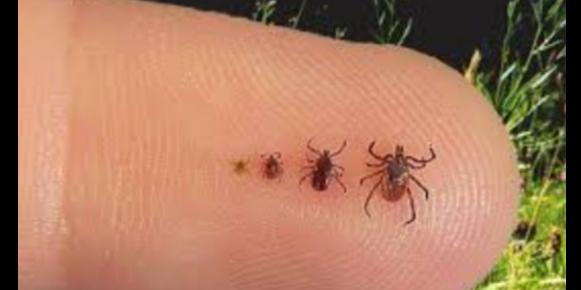
Ticks are small, blood-feeding animals that can cause several conditions, including hearing loss. Swedish scientists have discovered a typhoid-related bacterium in ticks called Rickettsia Helvetica, which can cause permanent hearing loss in its host.
Symptoms may also include headache, muscle pain and fever and, if untreated, it may cause meningitis, facial paralysis and heart muscle inflammation.
Only 2% of all tick bites transmit a disease. Even so, every tenth tick carries the bacterium and it is difficult to fight off. Only a broad-spectrum antibiotic can defeat the bacterium.
Ticks may transmit diseases, so it is important to always check for ticks and immediately act, if a tick is discovered.
Prevention
The blood-feeding animals are particularly found in wooded or grassy areas, for instance, knee-high grass areas. They prefer warm and moist areas on the body, like the armpit or the hollow of the knee, so it is a good idea to wear clothes that cover these areas.
A tick bite cannot be felt, as the saliva is mildly sedative. If bitten, the tick should be removed within 24 hours, to avoid diseases or permanent hearing loss.
In order to remove ticks, tweezers can be used to gently twirl the tick around and pull it out. It is important not to separate the tick's head from the body, as it also contains bacteria. More information on ticks can be found on the CDC website.
Click here to access the original article by Hear-it AISBL

